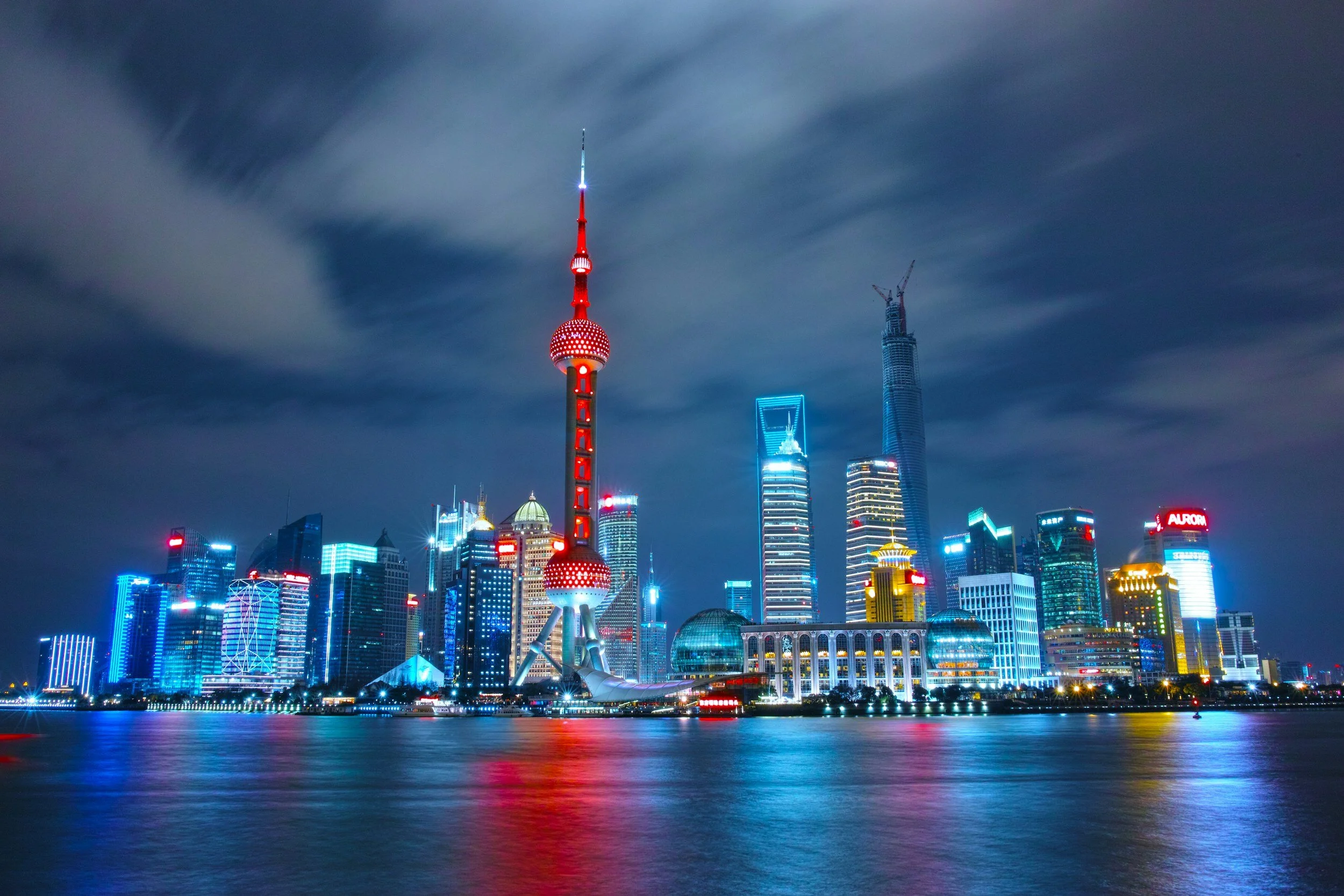Why does everyone want to make the country poorer?
We are richest when the things that we have, that exist, are held, used by, those who value them most - this extends to we are richest when things are employed in their highest value uses.
Why try to align if we’re not going to align?
One of the assertions anbout trade that we’ve really never been able to get our heads around is this idea that in order to be able to trade then everyone must be following the same regulations
Impartiality means no one is allowed to disagree
It’s a line in a sprawling document, but it reveals something far larger: a familiar tactic of the anti-abortion movement in which human rights are undermined through the language used to describe them.
Flytipping is caused by landfill tax
Fly-tippers have dumped a "grotesque" mountain of waste in a field in Oxfordshire.
The medical students are trying it on again
There is dispute over which measure of inflation should be used in the calculations, RPI or CPI, but either way the entire public sector has had its pay ruinously diminished since 2008.
If China’s state plan says loans will be made then loans will be made in China
The essential argument being made here is that everyone should pay high prices for everything so that I get the high priced goods that I want.
This is a grossly selfish argument for banning Shein, Temu etc
The essential argument being made here is that everyone should pay high prices for everything so that I get the high priced goods that I want.
Polly Toynbee - finally - notes the problem with politics
There’s a version of the world in which those wise people in government - That Man in Whitehall Who Knows Best - survey the realm and decide upon what should happen.
Oh yes, we approve of this, very much so
The homelessness charity Crisis is going to become a landlord for the first time in its 60-year history, saying the housing crisis in the UK has reached a “catastrophic scenario”.
Baumol means bring your knees in tight
On the other hand, the experience of the past quarter of a century shows that increasing the productivity of the public sector is painfully difficult.
To Chesterton’s Fence transport systems
Chesterton’s Fence is, at heart, the observation that until we know why the past did the things they did we should not change those things the past did.
What a wondrous waste of two decades this has been on climate change
While this scientific reality should dominate discussions at Cop30, history tells us that polite incrementalism and political kowtowing will prevail.












